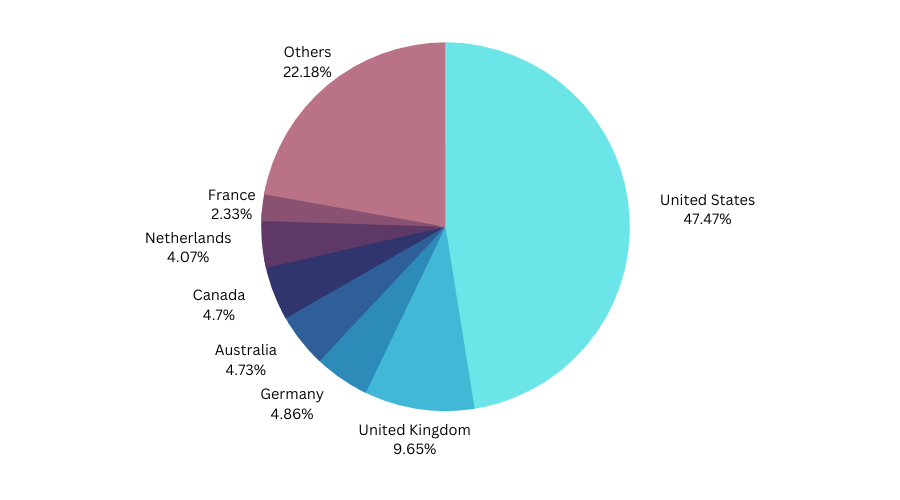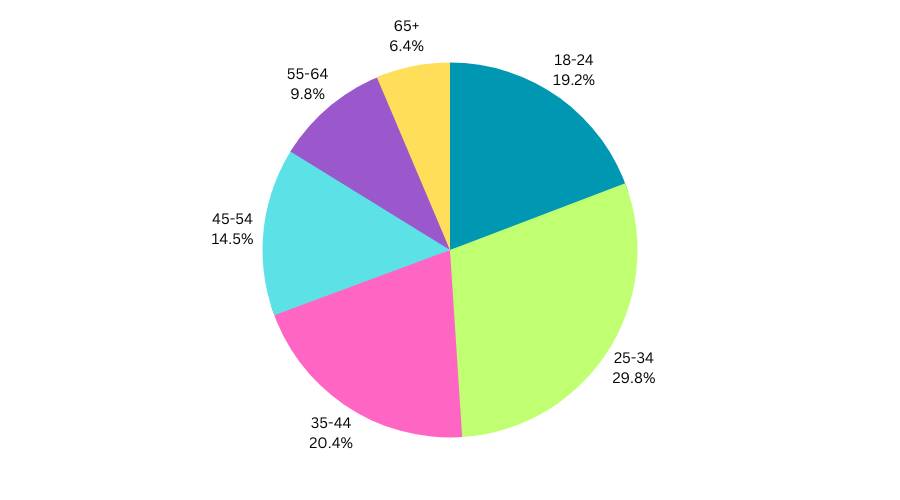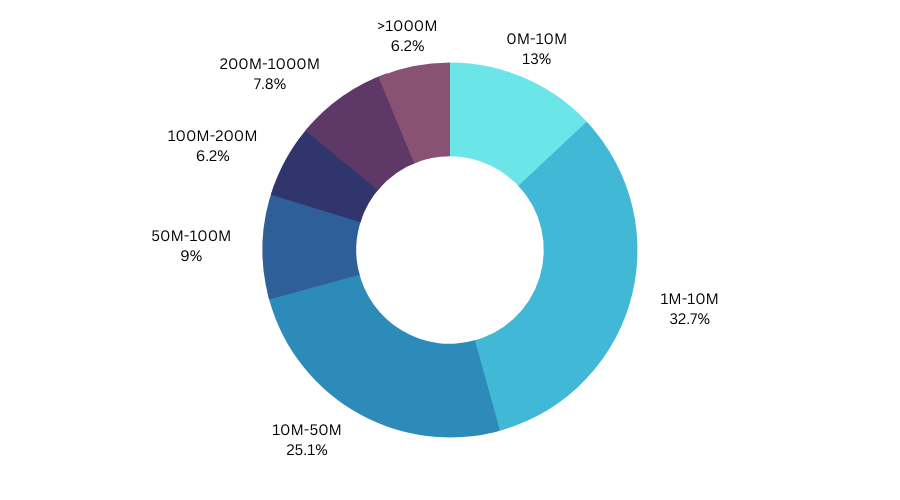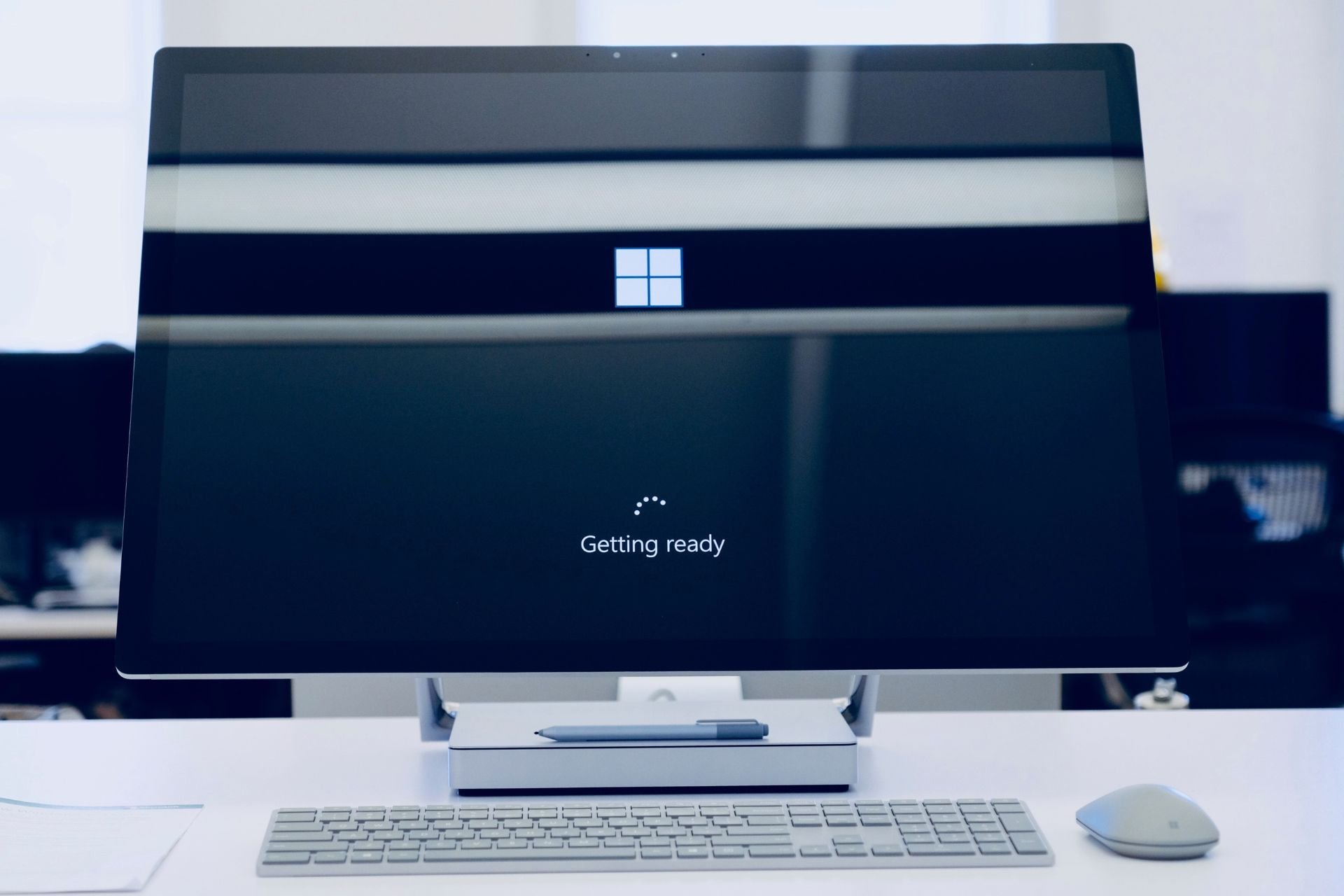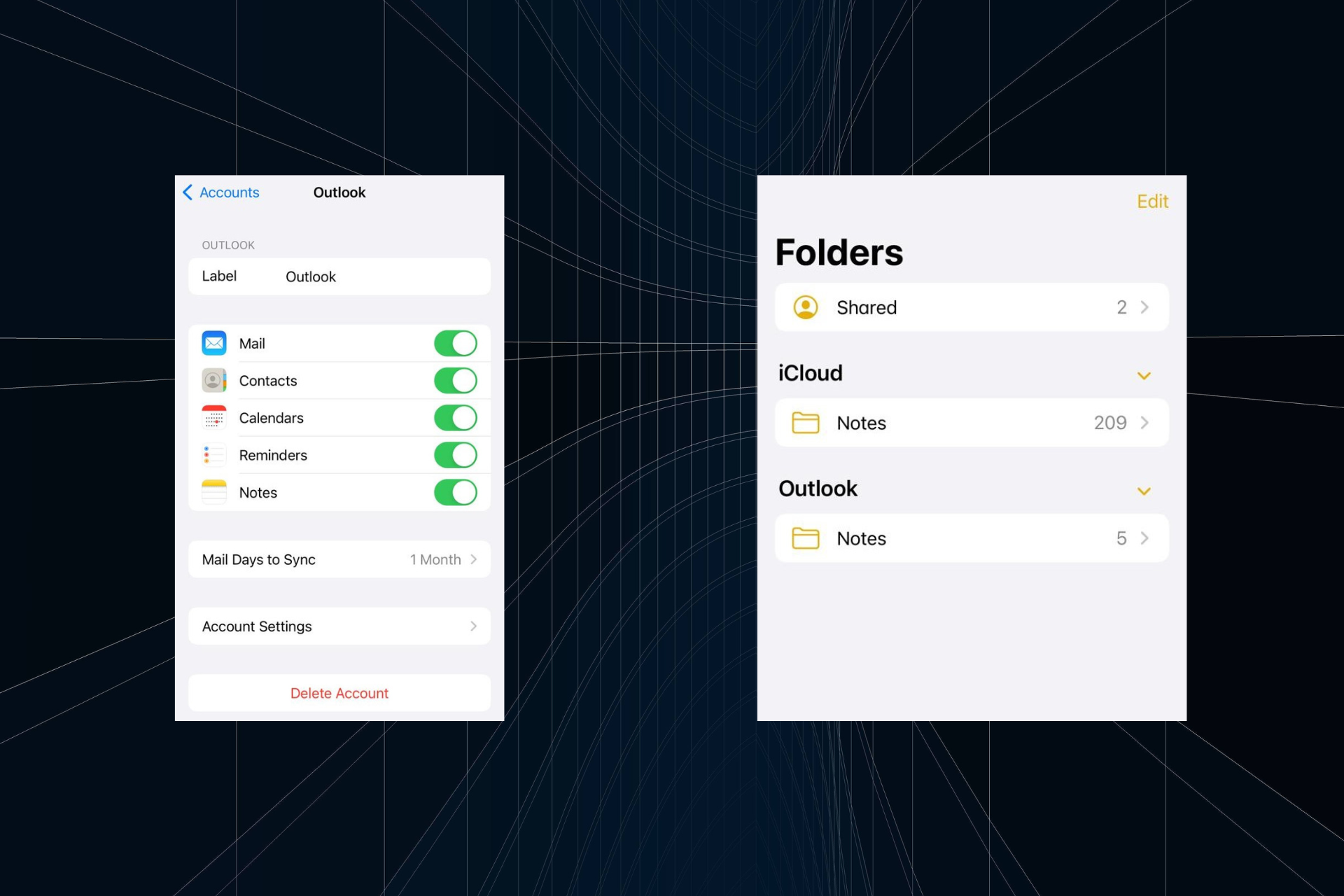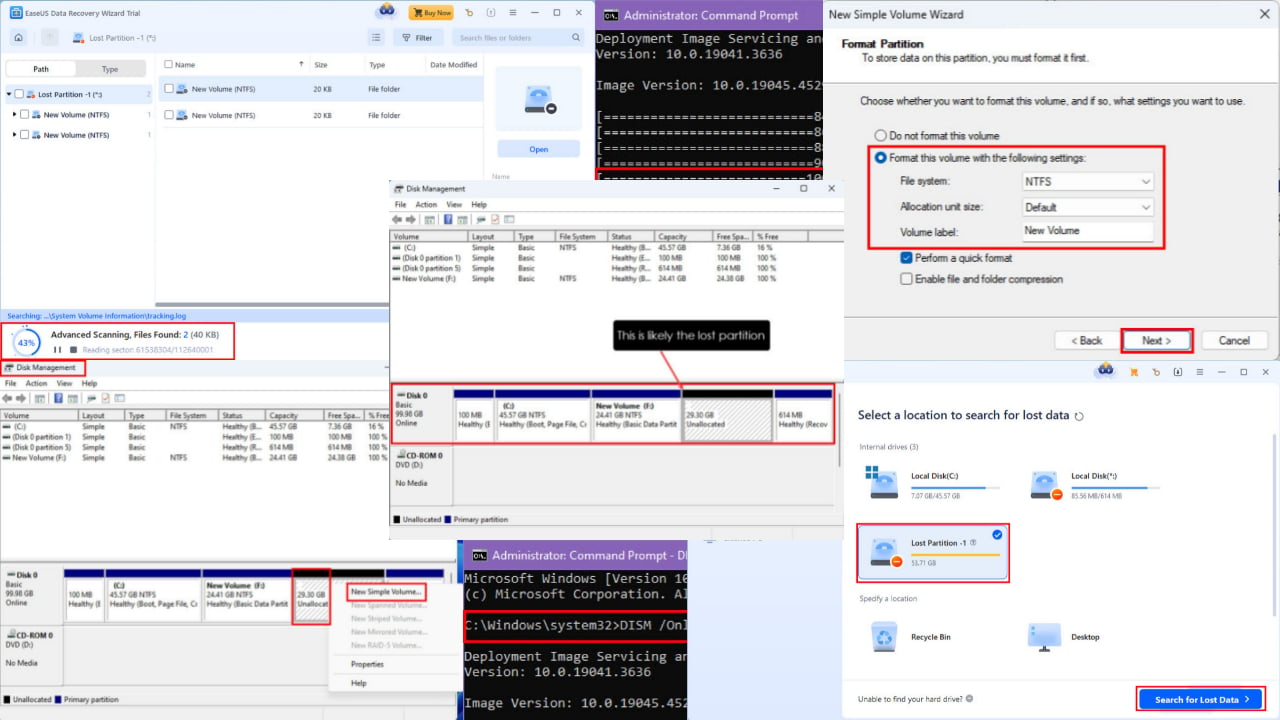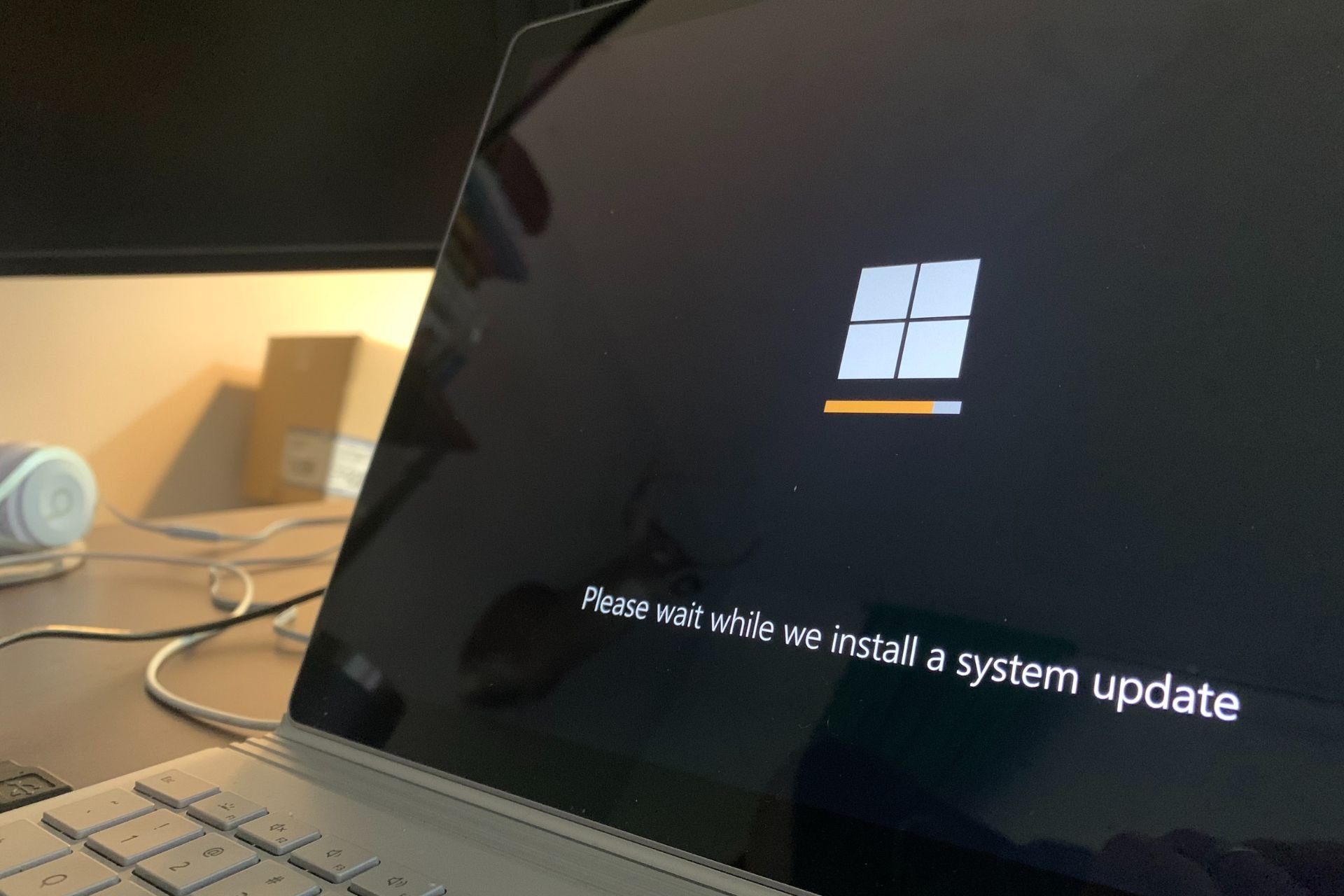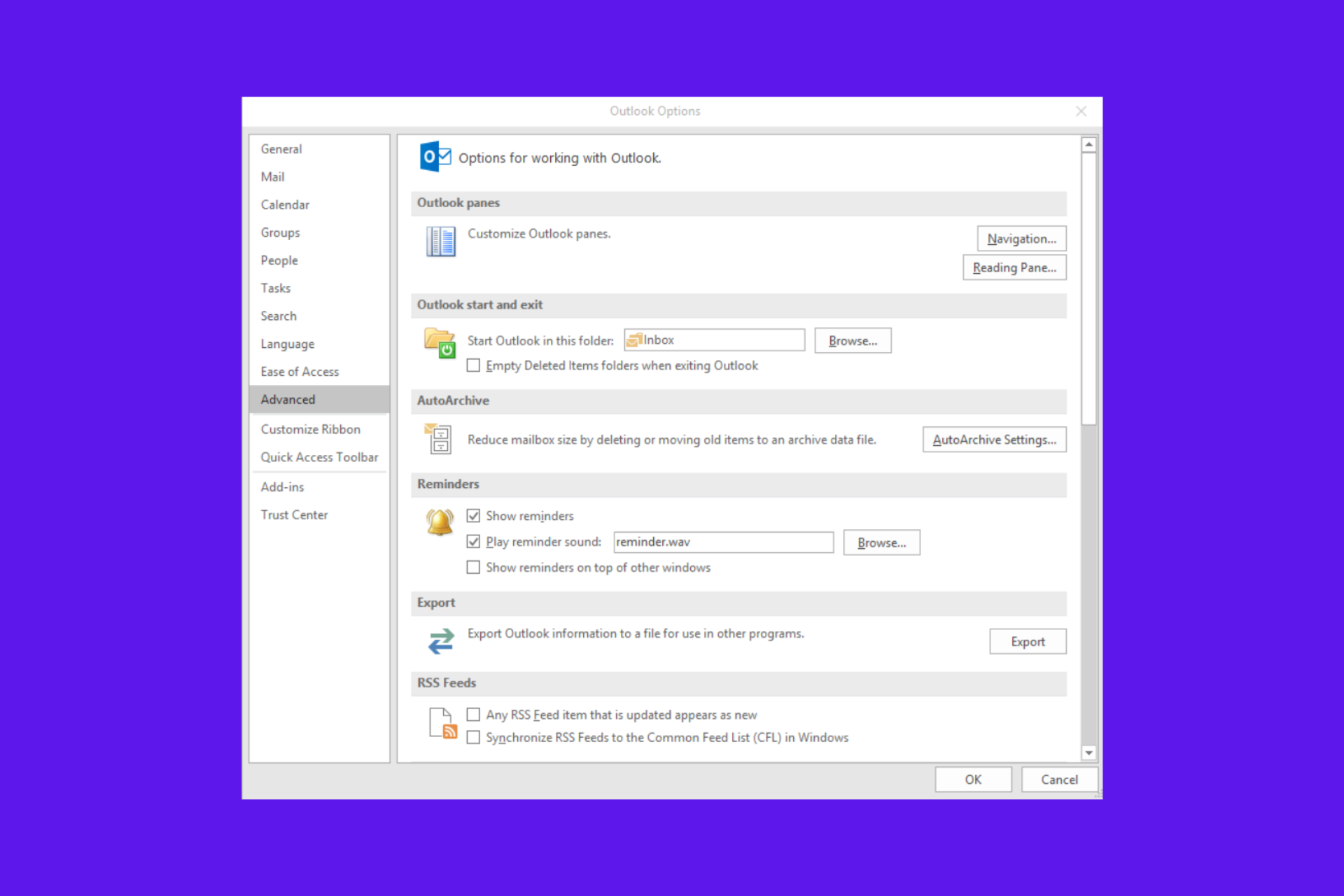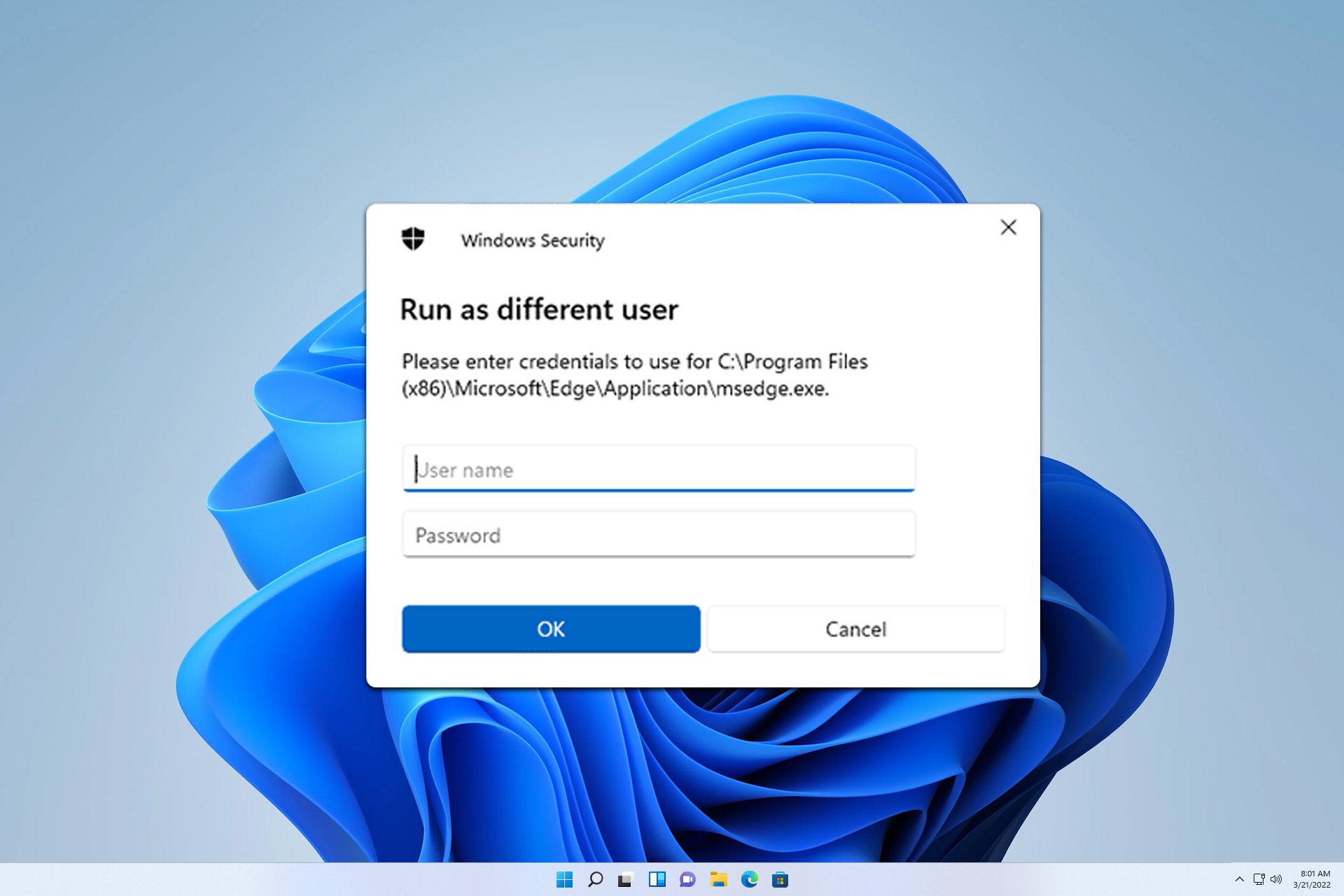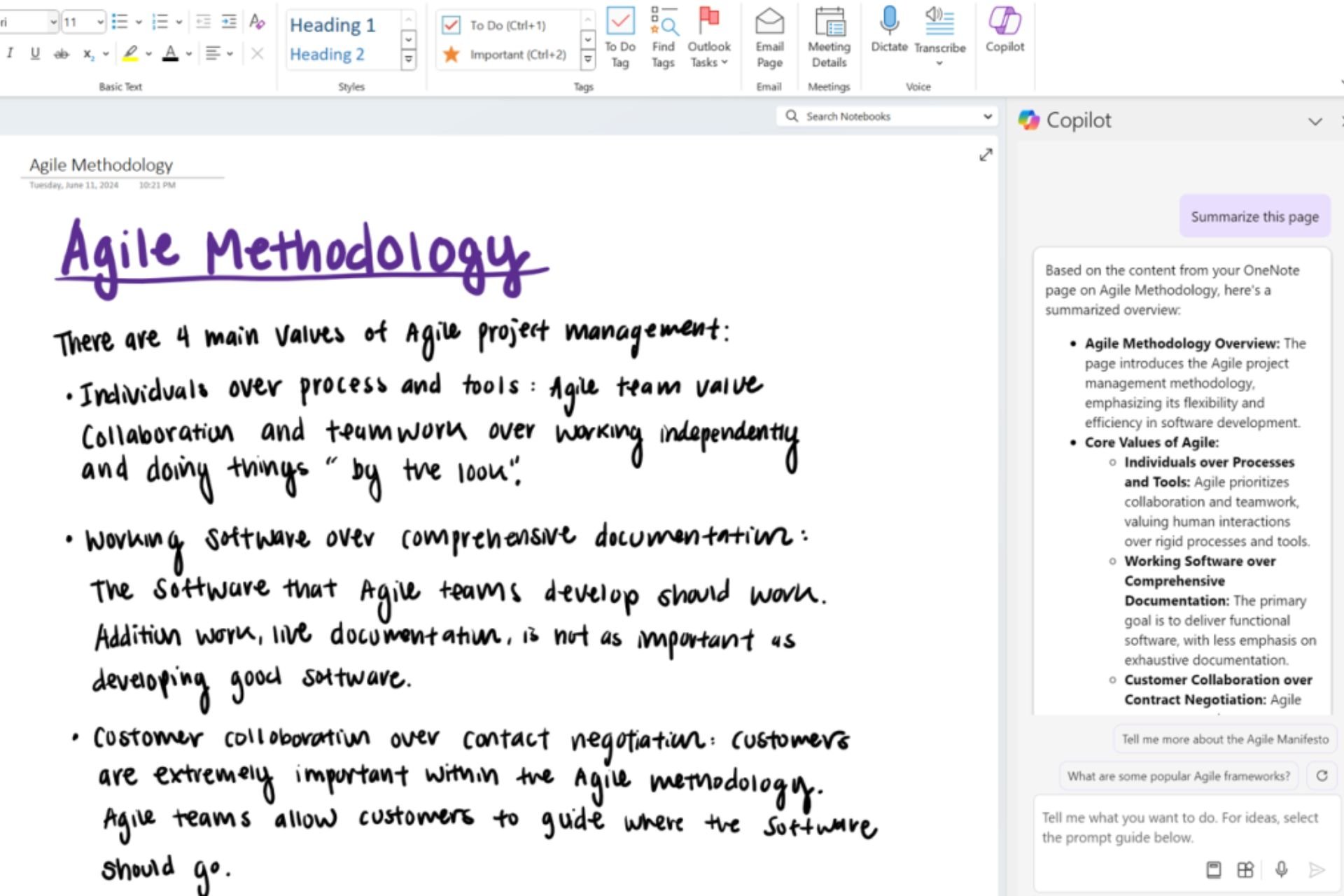Microsoft Outlook: Market Share & Competitor Statistics
People in the United States use Microsoft Outlook the most
7 min. read
Updated on
Read our disclosure page to find out how can you help Windows Report sustain the editorial team Read more
Key notes
- Microsoft Outlook is the 3rd most popular email client service in 2023.
- To know more about market share and competitive statistics, continue reading this post.
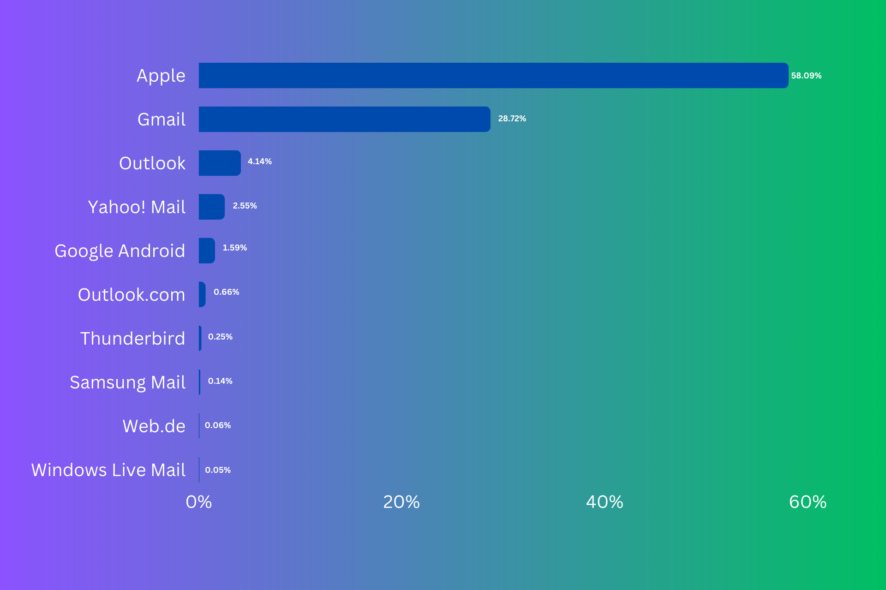
With robust features, highly customizable options, and seamless integration within the Microsoft ecosystem make Microsoft Outlook one of the most robust and popular email clients globally.
In this comprehensive guide, we will explore the email client market share and historical trends and compare it with its major competitors.
With over 400 million users worldwide, Microsoft Outlook is one of the most extensively used email services.
More than 347 billion emails are exchanged every day.
Current Market Share of Microsoft Outlook
Global Market Share
Microsoft Outlook has been persistent with its productivity-enhancing features and is becoming simpler to use and personalize.
According to SimilarWeb, with a global ranking of 3, Microsoft Outlook boasts over 3.17 million companies using the email client.
It maintains a dominant market share of 40.28%, followed by Gmail at 35.69 %, MailChimp at 8.33 %, and Microsoft Office 365 at 4.56% in the email management category. Here are some other competitors with their market share:
| Technology | Domains | Market Share |
| Microsoft Outlook | 3,158,566 | 40.28% |
| Gmail | 2,811,083 | 35.69% |
| MailChimp | 656,378 | 8.33% |
| Microsoft Office 365 | 356,859 | 4.56% |
| SendGrid | 164,433 | 2.09% |
| Zoho Mail | 126,579 | 1.61% |
| Mailgun | 122,274 | 1.55% |
| Mimecast Mailbox Continuity | 87,735 | 1.11% |
| SendinBlue | 84,320 | 1.07% |
However, if we talk about the most used email clients worldwide, Apple and Gmail have surpassed Outlook.
According to the latest data, Apple Mail is 58.09%, Gmail is 28.72 %, and Outlook holds a 4.14% market share in most used email. Here are the details:
| Email client | Market Share(Most used category) |
| Apple | 58.09% |
| Gmail | 28.72% |
| Outlook | 4.14% |
| Yahoo! Mail | 2.55% |
| Google Android | 1.59% |
| Outlook.com | 0.66% |
| Thunderbird | 0.25% |
| Samsung Mail | 0.14% |
| Web.de | 0.06% |
| Windows Live Mail | 0.05% |
The global website rank was 700 in May 2023 but decreased to 787 in three months, which suggests a shift in online popularity.
It also indicates potential changes in user engagement or competitive dynamics within the digital landscape.
However, it has successfully maintained its category rank, demonstrating its continued relevance and ability to stay competitive within its niche.
Regional Market Share
Microsoft Outlook boasts a diverse customer base across various geographic locations worldwide.
With its calendaring and other productivity features, Outlook has gained popularity in email management across different continents, with 1,505,729 customers in the United States, 306,088 in the United Kingdom, and 154,088 in Germany. Here are more details:
This widespread adoption across different geographies showcases Outlook’s impact in improving user communication and organization.
If we segregate the data further, we can see that 32.54 % of customers in the United States use a Desktop to log in or use Outlook.com, followed by 5.59% in the United Kingdom and 3.64 % in France.
| Country sending traffic to Outlook.com on Desktop | Percentage |
| United States | 32.74% |
| United Kingdom | 5.59% |
| France | 3.64% |
| Japan | 3.37% |
| Canada | 3.13% |
| Others | 51.53% |
According to a report by Similar Web, Outlook.com has a 56.83% male audience and 43.17% female. If we talk about the age distribution, the age group that visits it mostly is 25-34 on desktop. Here are the details:
Regarding Device distribution, the monthly visits percentage via the mobile web is 92.34% worldwide, and 7.66% of people use the website on a desktop.
Over 85% of Outlook users check their emails from their mobile devices.
Industry-Specific Market Share
Microsoft Outlook is a popular choice for email management in the Information Technology and Services industry. The primary users of its services are the companies with 50-200 employees and with revenue ranging between 1M and 10M dollars. Here are other details:
| Industry | Distribution of companies |
| Information Technology & Services | 10457 |
| Hospital & Health Care | 7419 |
| Construction | 6301 |
| Computer Software | 5677 |
| Financial Services | 5063 |
| Real Estate | 4135 |
| Nonprofit Organization Management | 4069 |
| Retail | 3920 |
| Education Management | 3153 |
| Higher Education | 3067 |
According to enlyft, Of companies using Microsoft Outlook, 35 % of them are small, i.e, less than 50 employees, 47% are medium-sized, and 17% are large, i.e, more than 1000 employees. Here is the graph to help you understand the percentage of companies using the service :
If we talk about the percentage of companies using Microsoft Outlook based on the revenue they generate, 69% of the companies are small (<$50M), 15% are large (revenue – >$1000M), and 9 % are medium.
More than 87% of Fortune 500 companies rely on Microsoft Outlook, which indicates its reliability and powerful influence.
Historical Trends in Outlook’s Market Share
With the shift in trends and technology, Microsoft Outlook’s market share and stats have been experiencing fluctuations over the past few years.
Though it managed to maintain its place in the world’s top ten most-used email clients, it has faced a decrease in the percentage of users. According to Litmus, 2014, it was 9%, and in 2023, it reached 4.14. Here are more details:
The rank of the email client has also changed, ranging from 4th to 6th place for years. 2014, it held the 4th rank, then dropped to 5th place in 2015 and remained there for three years.
In 2022, Microsoft Outlook rose above in ranks and is in 3rd position and has maintained the position in the subsequent year, while Outlook.com is in 6th place.
If you think Outlook is complicated and want to check out another email client, check out this guide for options.
Outlook’s Major Competitors
Introduced in 1997, Microsoft Outlook has always been helpful as an email client and task management tool, but there are others in the competition, too.
Gmail by Google and Apple Mail by Apple.Inc., are its formidable competitors and capture a vast market share in the email management industry. Here is the list of competitors of Outlook recorded in 2023:
Benefits and Drawbacks of Microsoft Outlook Compared to its Competitors
Microsoft Outlook has been in the race for a long time and has undergone many changes. It has the upper hand over its competitors due to its seamless integration and productivity features but also has a few drawbacks when compared to others. Here we are comparing it with its top two contenders:
| Category | Outlook | Apple Mail | Gmail |
| User interface & design | Clean & professional interface with customizable themes. | Sleek & user-friendly design consistent with the Apple ecosystem. | Modern and intuitive design with the ability to customize the look. |
| Integration with ecosystem | Seamlessly integrates with Microsoft’s ecosystem and lets you access Office 365, OneDrive, and Teams, promoting collaboration. | Works well within the Apple ecosystem, syncing with iCloud, Calendar, & other Apple services. | Integrates well with Google Workspace services like Google Calendar, Google Drive, and Google Docs. |
| Email management | Offers Advanced filters, Rules, and categories to organize emails how you want. It also has a Focused Inbox option to separate essential email messages. | Has smart mailboxes, VIP tagging, and threading to organize & prioritize emails. | Features tabs, labels & filters to manage emails, and a tabbed inbox to segregate emails into Primary, Promotional, and Social tabs. |
| Calendaring & Scheduling | Features Shared Calendars, Scheduling Assistant, and comes with the ease of sending meeting invites. | Integrates with Apple Calendar and offers event creation, & seamless integration with other Apple services. | Features Google Calendar integration, with scheduling, reminders, and smart suggestions options. |
| Security & privacy | Equipped with advanced security features, including encryption, secure attachments, and phishing protection. It also offers to wipe lost devices remotely. | Offers end-to-end encryption for Apple-to-Apple communication and has inbuilt privacy features. | Comes with robust spam filters, two-factor authentication, and powerful spam filters. |
| Collaboration | Integrates with Microsoft Teams, which allows quick collaboration within emails. | Lacks direct integration but can share attachments via iCloud. | Integrates with Google Workspace, offering real-time collaboration on Google Sheets, Docs, and Slides. |
| Platform compatibility | Available for Windows, Android, iOS, and macOS. | Designed only for iOS, iPadOS, and macOS. | Available for Windows, Android, iOS, and macOS. |
| Complexity & learning curve | The extensive features of Outlook could lead to complexity as you have to invest time to understand and master the functionalities. | Simple to use. | Easy to use. |
| Resource intensiveness | Consumes a considerable amount of system resources. | Lighter than Outlook. | Light on system resources. |
| Cost | To use Microsoft Outlook to its full potential, you need to get a Microsoft 365 subscription plan. | No cost. | Available for free. |
| Limited Cross-platform support | The features and performance might be different for every platform. | Consistent on all compatible platforms. | Consistent on all platforms. |
In the digital landscape, efficient communication is essential, and with rapid growth in the Email market, the email client market share will continue to change.
With its extensive range of features, seamless integration with Teams and Office 365, and compatibility with mobile devices, Outlook enhances productivity, helps users with efficient email management, and will likely stay in the game for a long time.
Its substantial market share and user statistics are evidence of people’s reliance on the email client. Another popular product by Microsoft is Windows, and if you want to know about its latest iteration’s market share, user base, and other insights, read this post.
If you know any other interesting facts about Microsoft Outlook or want to share your experience using its desktop or mobile app, feel free to mention them in the comments section below.


